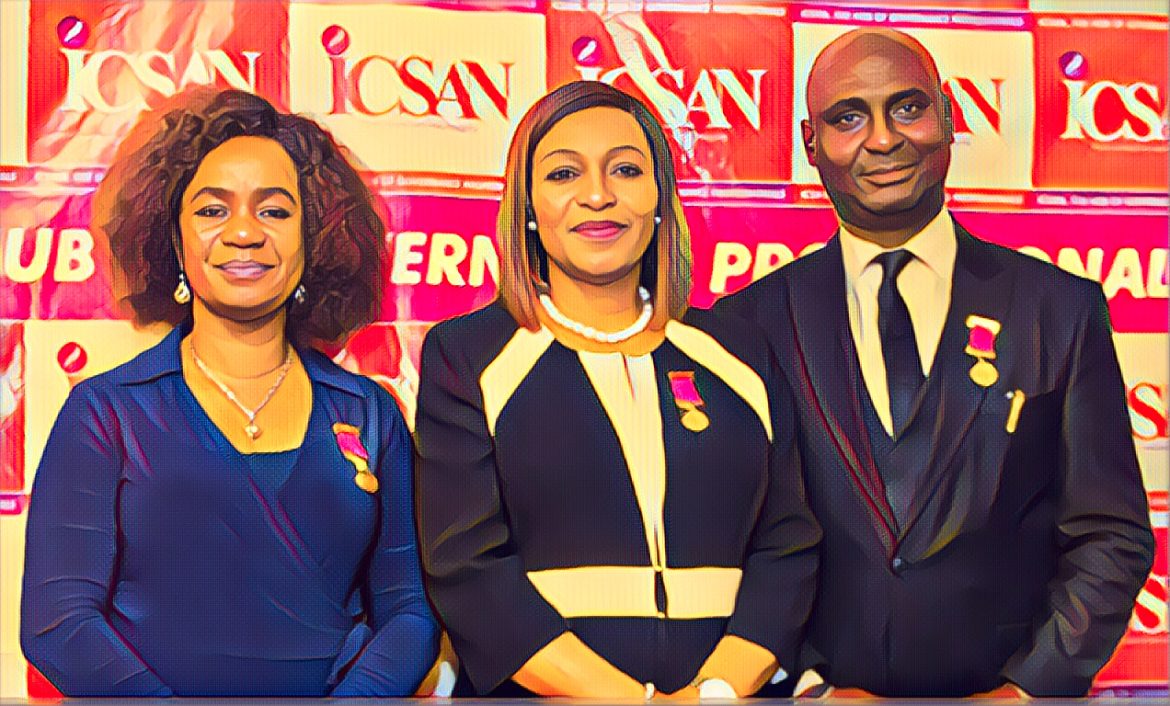KEY POINTS
- Leaders in the field call for leadership and corporate governance reforms now to be described as courageous
- Combating of corruption and provision of infrastructure is crucial for economic growth
- Some of how Nigeria’s imports hold back development, progression and digital development are highlighted below.
Experts and policy makers @ the 48th Annual Institute of Chartered Secretaries and Administrators of Nigeria (ICSAN) Conference in Lagos addressed ways for handling the urgent economic crises of the country.
Speakers such as Mrs Ibukun Abiodun Awosika, the CEO of The Chair Centre Group and The President of ICSAN, Funmi Ekundayo noted and described leadership as having the courage to build the policies and actualize accountability.
As it has been said by Awosika, “We have policies but we lack the will and the courage to implement the polices” Most leadership in today’s organizations needs to be changed. She concluded that, as long as the cultures of impunity are not addressed, serious corruption will continue to persist.
When talking about sanctions particular for wrongdoers, Awosika noted that severe consequences could completely eradicate corruption, which would lead to the better infrastructure and advanced services within one year.
Ekundayo emphasized on corporate governance and urged for change in Nigerian civil service. She challenged the private business to be ethical reference group through practicing ethical behavior and benchmark it across the country. ”The private sector has to have its worth of ethical practices first,” she said.
Proposes changes in economic structures and innovation
In his speech presented at the conference, Professor Fabian Ajogwu concerned with the necessity of the intellectualization of Nigeria’s socio-economic issues.
He suggested that both organizations and governments should enhance the level of transparency within the companies and especially concerning procurement, which is one of the biggest sources of corruption and, as a consequence, the degradation of the overall economy of a country.
Nigeria’s high misery index of 73.5 percent was also attributed to the issues enumerated, which are federalism, modern education system that has to do with the international system of education and other relevant issues, Ajogwu pointed out.
Paul Alaje of SPM Professionals, Senior Economist also noted that Nigeria is more or less an importer of products with input importation standing at 70 percent. He described this reliance as the major problem and pointed out at the fact that the share of digital economy remained low in this country even if the government tried to stimulate start-ups in this area.
According to The Sun, Alaje also pointed that there were problems with the visibility of the implementation of government policies and their actions. He wanted to know more about such executions, “Are government intentions right, the question that lingers on is, are they implementing these intentions effectively?”
Concerning the recommendations on how to support MSMEs, all the panelists pointed out the need for long-term solutions that deal with governance as opposed politics. They supported the best and deserving candidates in leadership positions, also they stressed on the qualities like patience and hard work for the progress of a nation.


